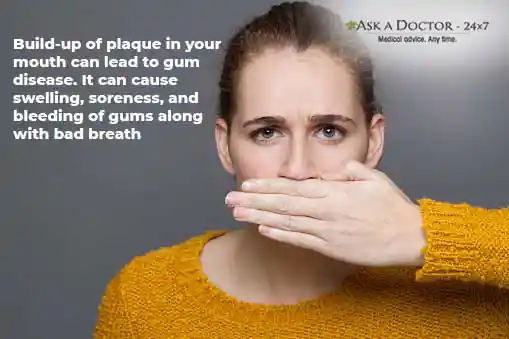Things You Need To Know About Wisdom Tooth Pain And Remedies To Get Relief!
The wisdom teeth or the third molars are the teeth that grow at the back of your mouth. These teeth are the last ones to come through. There are 4 wisdom teeth that grow during teenage years or early twenties in most people.
In some people by the time wisdom teeth erupt, the other 28 teeth are already in place. So the wisdom tooth gets stuck due to lack of room in the mouth. This can cause severe inflammation and pain. Depending on how much room you have in your mouth, one or more wisdom teeth might get impacted
Should I be worried?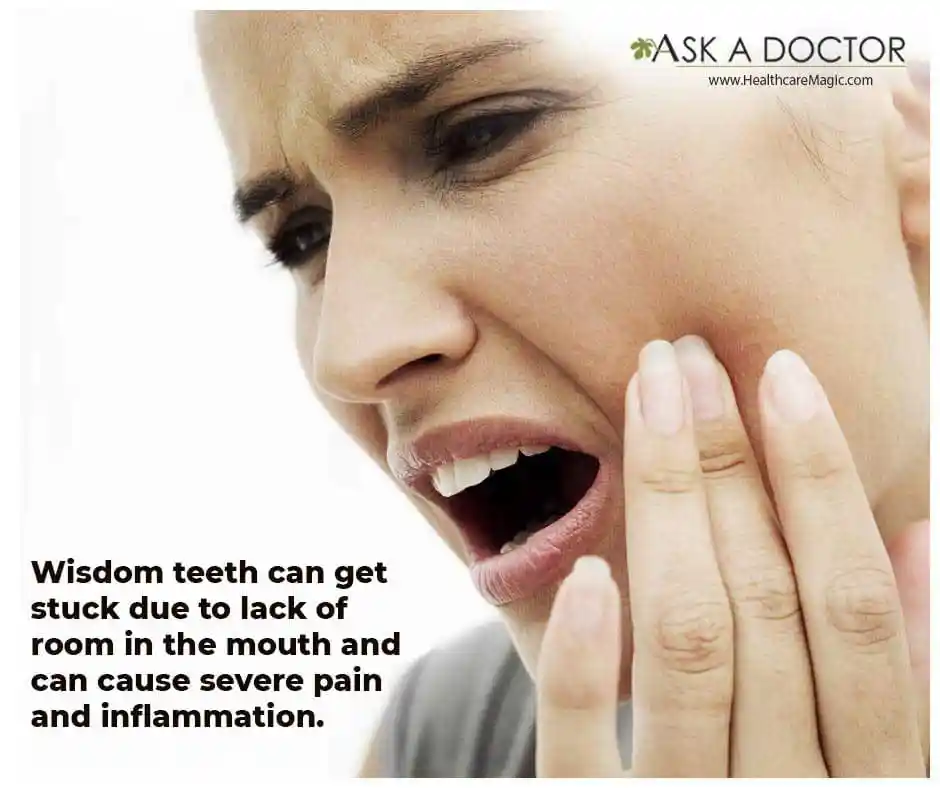
An impacted wisdom tooth can be a cause of concern because it can lead to a multitude of oral problems. Inflammation in other parts of the mouth including the gum, inner lining of the cheek, tongue, or throat can be very painful. Common complications of wisdom tooth impactions include:
- Dental cavities: Food particles accumulate near the impacted tooth, and can cause decay in that tooth or teeth around it. DO NOT skip your dental appointments. Good oral hygiene is the key to preventing cavities.
- Gum inflammation: If you ignore the build-up of plaque in your mouth, it can lead to gum disease. It can cause swelling, soreness and bleeding of gums along with bad breath.
- Cellulitis: If the infection travels to the cheek, tongue, or throat, it can cause cellulitis. This condition can worsen quickly if not treated immediately with antibiotics.
What can I do about it?
Good oral hygiene is the key to avoid almost all of these complications. Remember to brush your teeth with toothpaste that contains fluoride twice every day for at least 2 minutes. This will keep your teeth and mouth healthy.
A plaque is a film of germs that can coat your teeth and gum. It is a primary cause of gum disease and tooth decay. Visit your dentist or dental hygienist regularly to detect if there is any plaque formation in your mouth.
How do I manage the pain?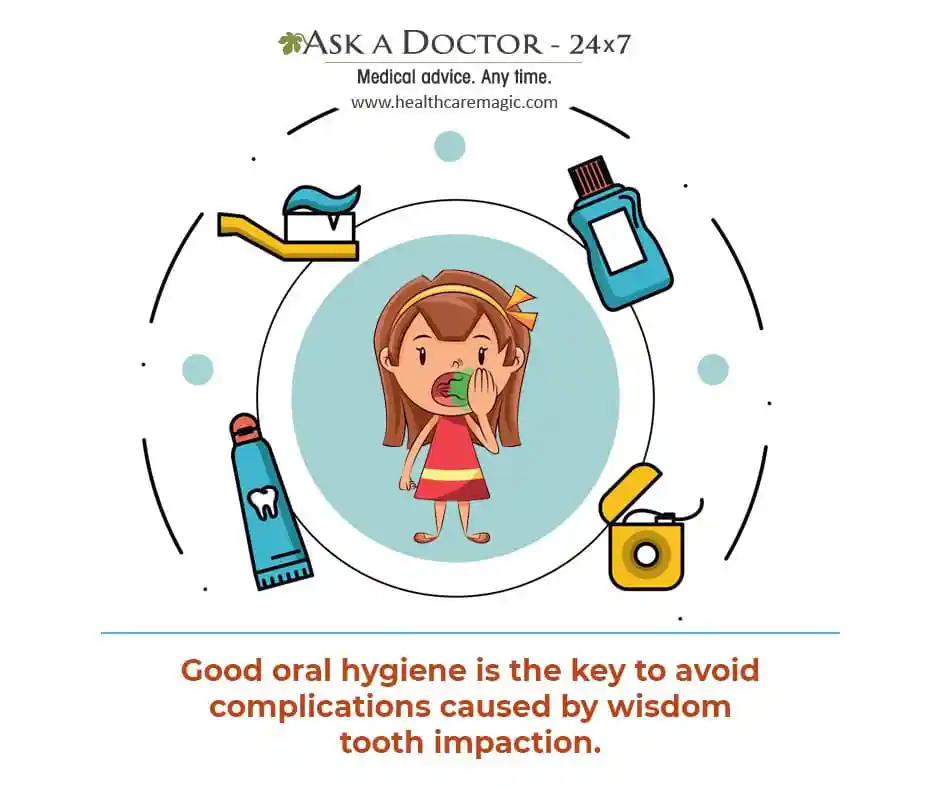

Most of the times, toothache subsides on its own in a couple of days. If it lasts for more than 2-3 days, talk to your dentist. To reduce the pain you can try the following:
1. Take over-the-counter painkillers: Painkillers such as ibuprofen or paracetamol can relieve the pain and swelling.
2. Rinse with warm saline water: Warm water with added salt can heal the infected tissue and reduce your pain.
3. Try a pain-relieving gel: Most pharmacies and supermarkets sell pain relieving gels that are very useful.
4. Watch what you eat: Foods that are hard can irritate the already inflamed gum tissue. Eat soft foods such as soft rice and yogurt etc. so that the inflammation is not worsened.
5. Use a mouthwash: Rinse your mouth using an alcohol-based mouthwash. It acts as a disinfectant and removes food particles wedged between your teeth.
6. Use an ice pack: Place an ice pack over the painful area to reduce pain and swelling.
7. Prop your head up: Keeping your head higher than your body while sleeping will reduce your pain.
8. Rub clove oil: Soak a cotton ball in clove oil and place it over the sore area. It will numb the area temporarily so the pain doesn’t bother you.
9. Floss regularly: It helps to remove plaque build-up on your teeth. Flossing also removes any food particles wedged between your teeth.
Can I prevent the pain from coming back?
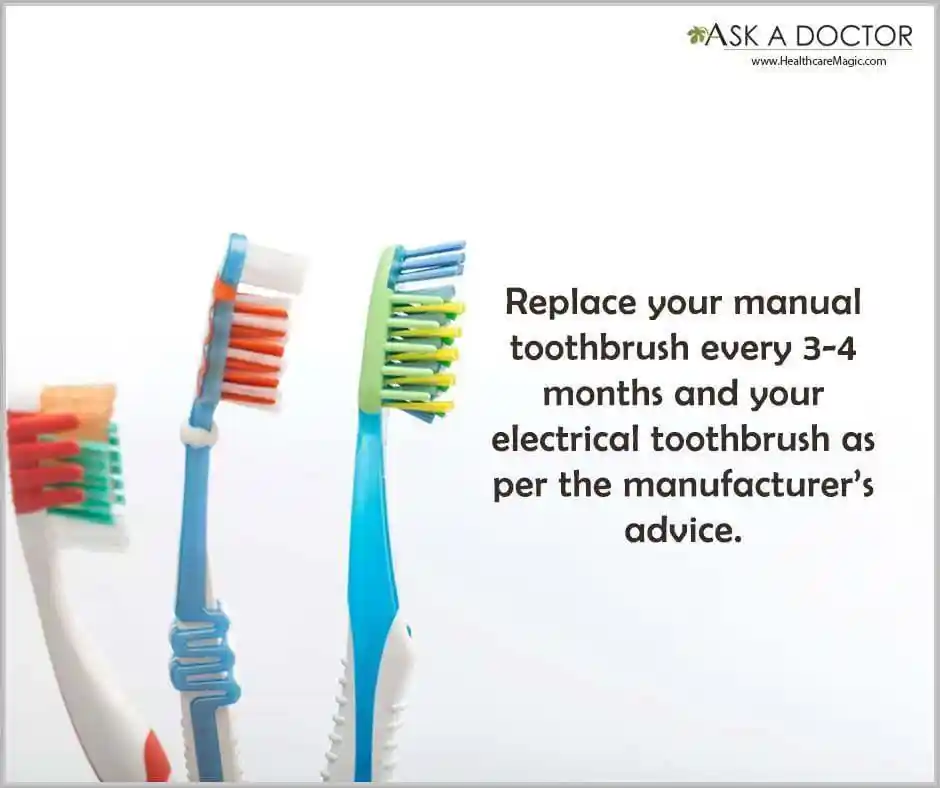
Good oral hygiene is essential for healthy teeth and gums. Follow the right way to brush your teeth for at least two minutes. Ask your dentist or dental hygienist about the right kind of brush for you. Replace your brush every 3-4 months to ensure you are getting the best use out of it.
If you snack often, sugary food particles can remain in your mouth for a long time and cause cavities. Remember to brush your teeth after a late night snack. Spit out the paste after brushing, do not rinse or use a mouth wash. Let your fluoride-rich toothpaste sit on your teeth for some time. Rinse your mouth with a fluoride mouthwash after a meal (such as lunch) when you do not brush. Do not eat or drink anything immediately after using mouthwash.
Will I need an extraction?
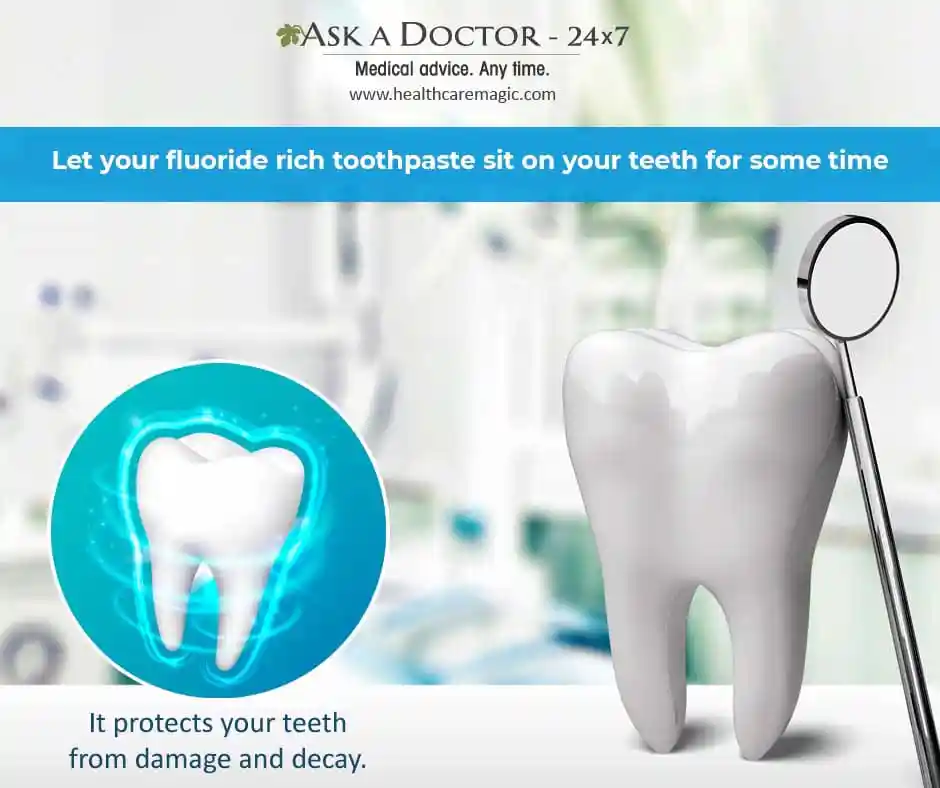
If you continue to have unbearable pain and discomfort even after taking all the above measures, see a dentist. Your dentist will take an x-ray of your jaw and decide if you need an extraction. Wisdom tooth extraction is a simple surgery that is performed under local anesthesia. A dental surgeon will make a small incision in your gum and break the wisdom tooth into smaller parts before removing it from your mouth.
For any further query related to oral health, you can consult an online Dentist.
Ask a Specialist
Recent Questions

